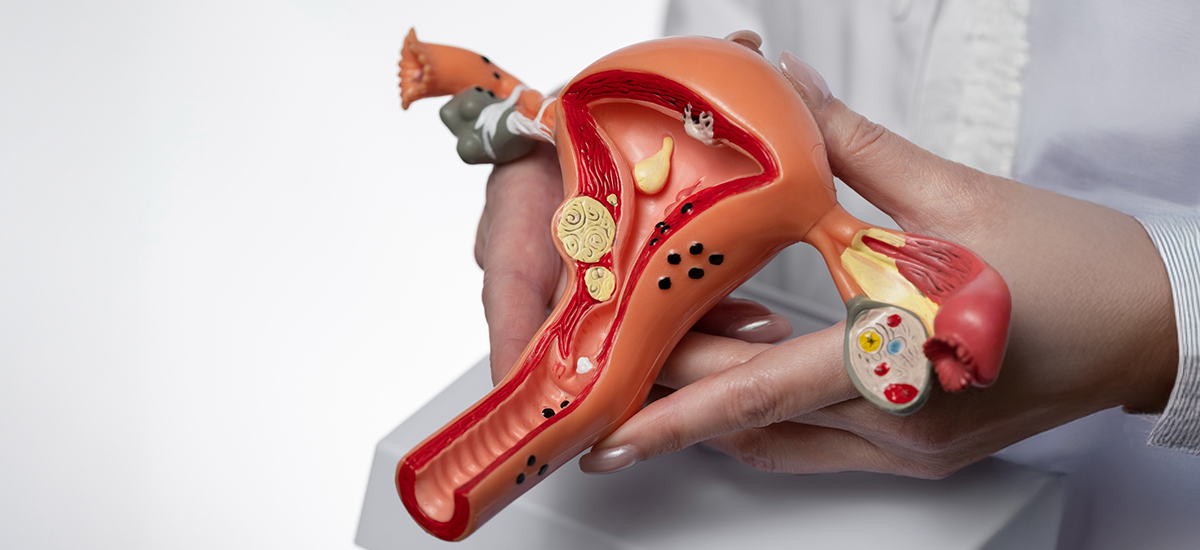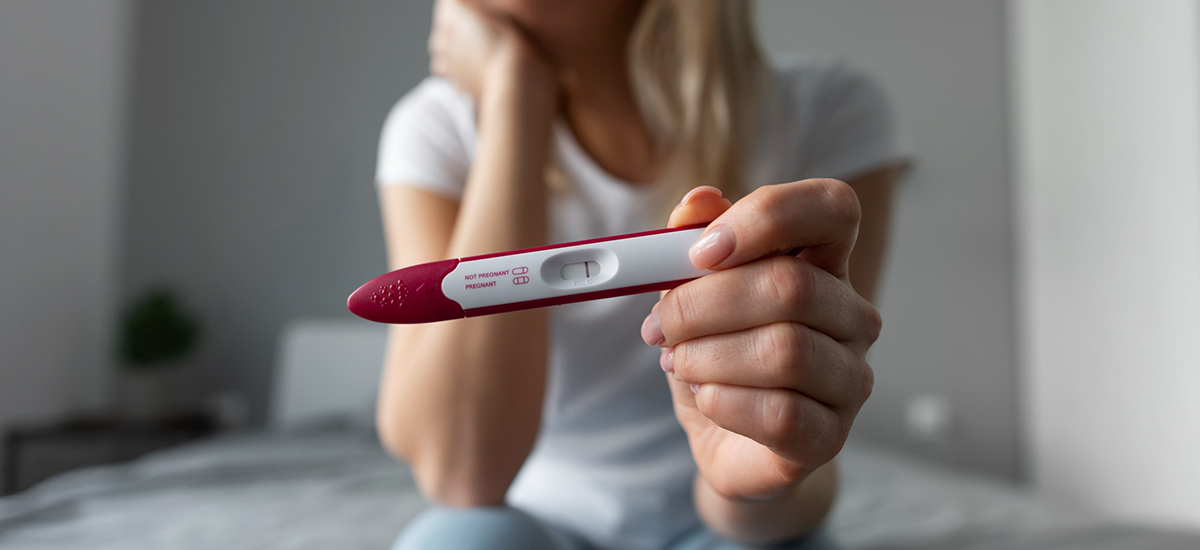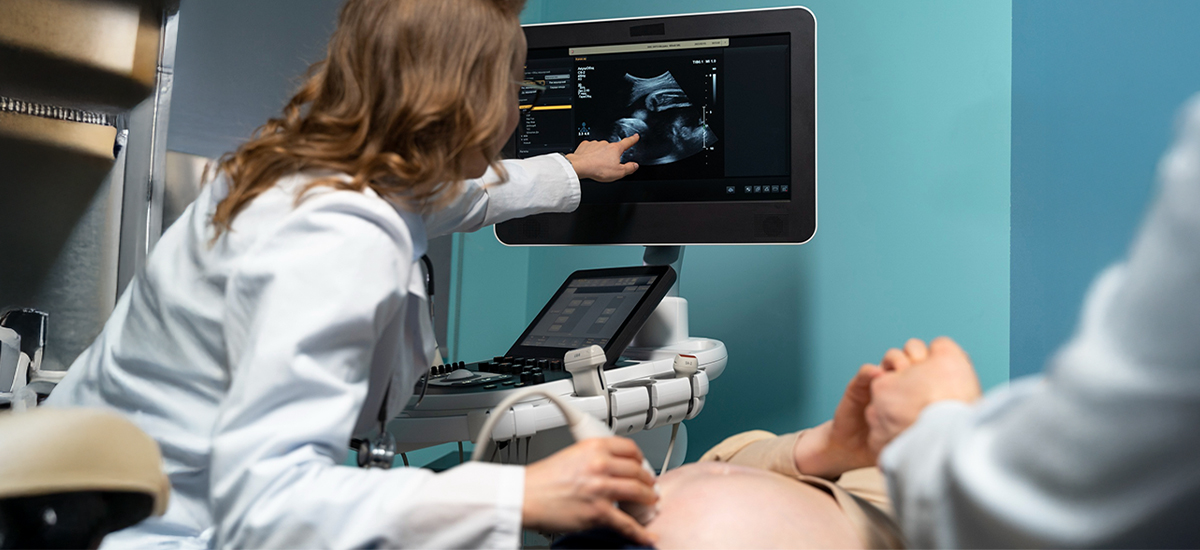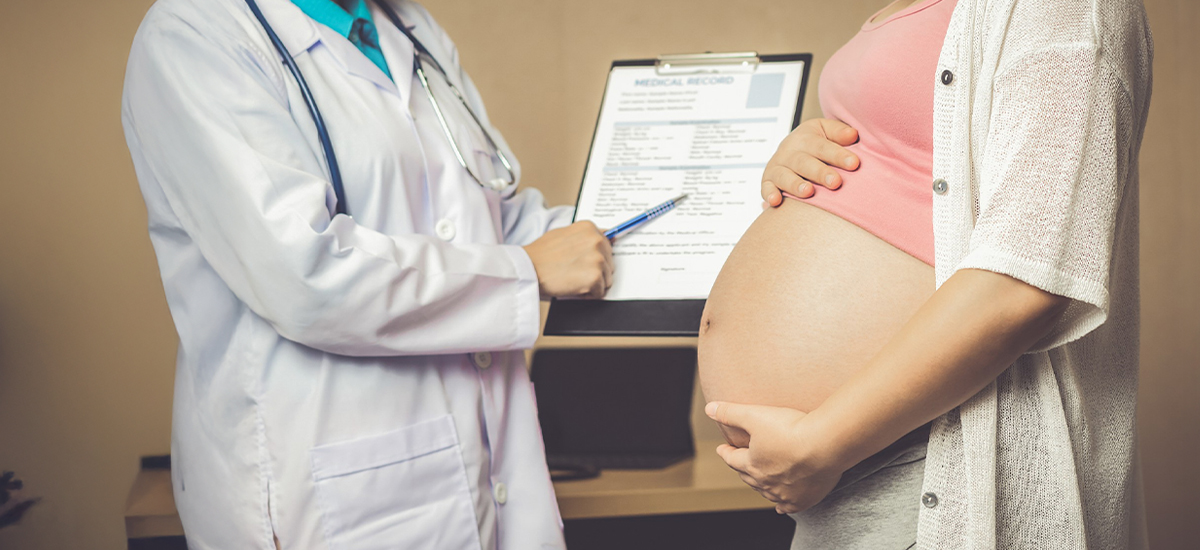Categories
Heart Attack Symptoms in Women vs Men: Spot the Differences and Act Fast
Sep 25, 2025
What’s next: The single idea that prevents delay, a
side-by-side look at symptoms, when to call now, who is more prone by age, and
how a smart women’s health checkup lowers risk.
One
idea that prevents delay: treat chest pressure as heart until proved otherwise
The heart and
nearby nerves share pathways. That is why pain can appear in the chest, arm,
jaw, back, or upper belly. Because women often report added signals like
breathlessness or nausea, symptoms can be explained away. Use one rule: if
pressure or tightness builds, lasts, or returns—especially with breathlessness
or sweat—treat it as the heart and call. Minutes matter because heart
muscle needs blood now, not later.
What
a heart attack feels like: women and men compared
The cause is the
same. The mix of signals can differ. Read this as a pattern, not a checklist.
·
Shared “classic” signs
o Central pressure, heaviness, or tightness
(not sharp pinpricks)
o Pain or pressure spreading to left or
right arm, shoulder, jaw, back, or upper belly
o Sweating, light-headedness, or a sense of dread
·
More common in women
o Shortness of breath, with or without chest pain
o Nausea or vomiting that does not fit a stomach bug
o Unusual fatigue or “can’t climb one flight today” feeling
o Back, neck, or jaw discomfort that feels new or heavy
·
More common in men
o Sudden, intense chest pressure with a clear
arm or jaw spread
o Earlier age at first event
Small note that
helps judgment: sharp, one-second stabs that move with touch or twist are less
likely cardiac. Pressure that builds with effort and eases with rest
is more concerning.
When
to call now (and what to do while you wait)
Call emergency now
for chest pressure or tightness that lasts more than a few minutes, returns, or
comes with breathlessness, cold sweat, faintness, or spreading pain to arm,
jaw, back, or upper belly. Sit upright, unlock tight clothing, and avoid food
or drink. If you have a doctor-advised plan and are not allergic, follow it. Do
not drive yourself. Paramedics start treatment on the way and alert the
hospital team.
Who
is more prone—and when
Risk is not
identical across life stages.
·
Men tend to have
earlier heart attacks.
·
Women see risk rise
after menopause. Diabetes, high blood pressure, smoking, and a strong
family history push risk higher at any age.
·
Some women-specific clues raise lifetime risk: past preeclampsia
or gestational diabetes, early menopause, autoimmune disease, or polycystic
ovary syndrome with metabolic issues. If any of these apply, treat symptoms
with a lower threshold and tighten prevention.
Prevention
that moves the needle (make it part of your Women’s Health Checkup)
A good women’s
health checkup looks for silent risks and fixes them early. Ask for:
·
Blood pressure and a home target plan
·
Fasting lipids (LDL-C, HDL-C, triglycerides) and an agreed goal
·
Glucose/A1C for diabetes and prediabetes
·
Weight and waist review plus a workable activity plan
·
Smoking and sleep assessment with support to change
·
ECG if symptoms or
strong family history; further tests only if your doctor advises
·
Consider lipoprotein(a) or calcium score if family history
is strong and routine tests look “okay” but you want clarity
Daily levers that
add up: steady walks or brisk activity most days, more plants and pulses on the
plate, fewer ultra-processed foods, regular sleep, and no smoking. These habits
lower risk for both women and men.
After
a scare: what doctors do first
Teams act on a
tight sequence: an ECG quickly, then blood tests for troponin
(often repeated because the level can rise over hours). Many patients also get
a chest X-ray and an echo. If a blockage is likely, the team
prepares for angiography and treatment to open the artery. If tests are
reassuring, you still leave with a clear plan for follow-up and risk control so
the next decision is easier and faster.
Conclusion:
The same disease can speak in different accents. Heart attack symptoms in women often include chest pressure plus breathlessness, nausea, back or jaw discomfort, or unusual fatigue. Men are more prone earlier; women’s risk rises after menopause. Use the “treat chest pressure as heart” rule, call fast for symptoms that last or return, and fold heart checks into your women’s health checkup each year. If you want a plan matched to your age and history, the cardiac and women’s health teams at BirthRightby Rainbow Hospitals can map next steps and follow through.FAQs
1) How do heart
attack symptoms in women differ from men?
Women often have chest pressure plus shortness
of breath, nausea, unusual fatigue, or back/neck/jaw discomfort. Men more
often report a sudden heavy chest pressure that spreads to the arm or
jaw.
2) I feel chest
tightness that comes and goes. What should I do right now?
Treat it as heart until proved otherwise. Call
emergency care if pressure builds, lasts, or returns, especially
with breathlessness or sweat. Do not drive yourself.
3) Can a heart
attack present without chest pain in women?
Yes. Some women mainly feel breathlessness,
nausea, extreme tiredness, or back/neck/jaw discomfort. Any of these with a
“pressure” feeling needs urgent care.
4) How do I tell
heartburn or anxiety from a heart attack?
Heartburn often burns and links to
meals. A heart attack feels like pressure or tightness, may spread
to arm, jaw, back, or upper belly, and can bring sweat or breathlessness.
If unsure, call.











